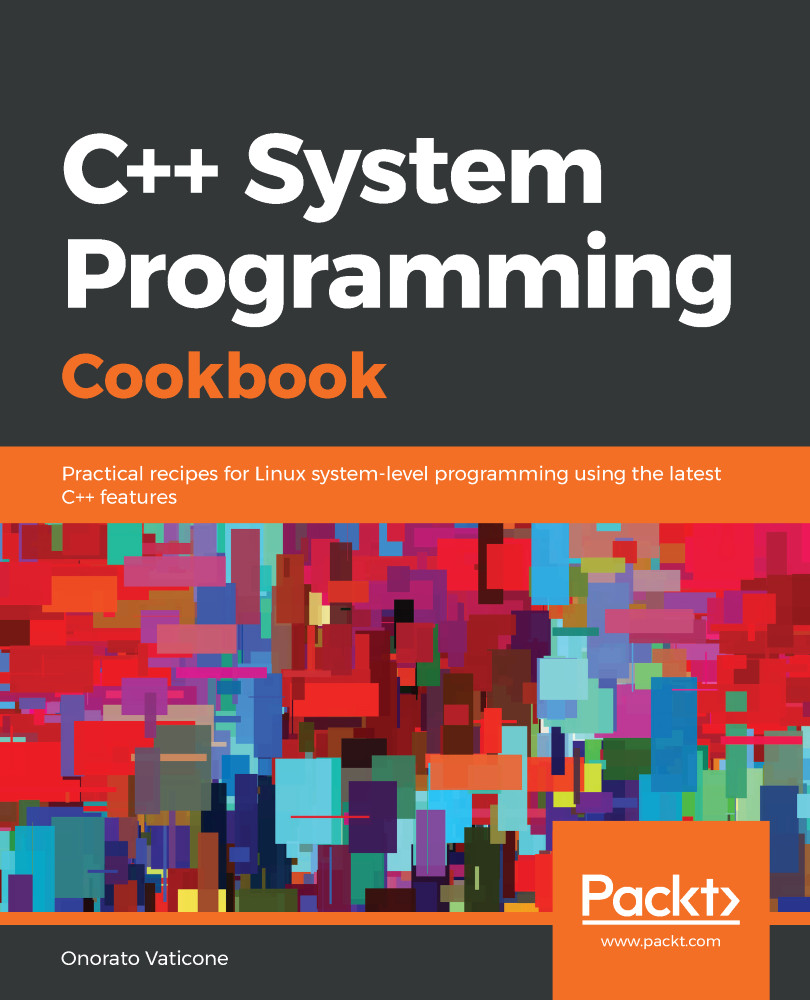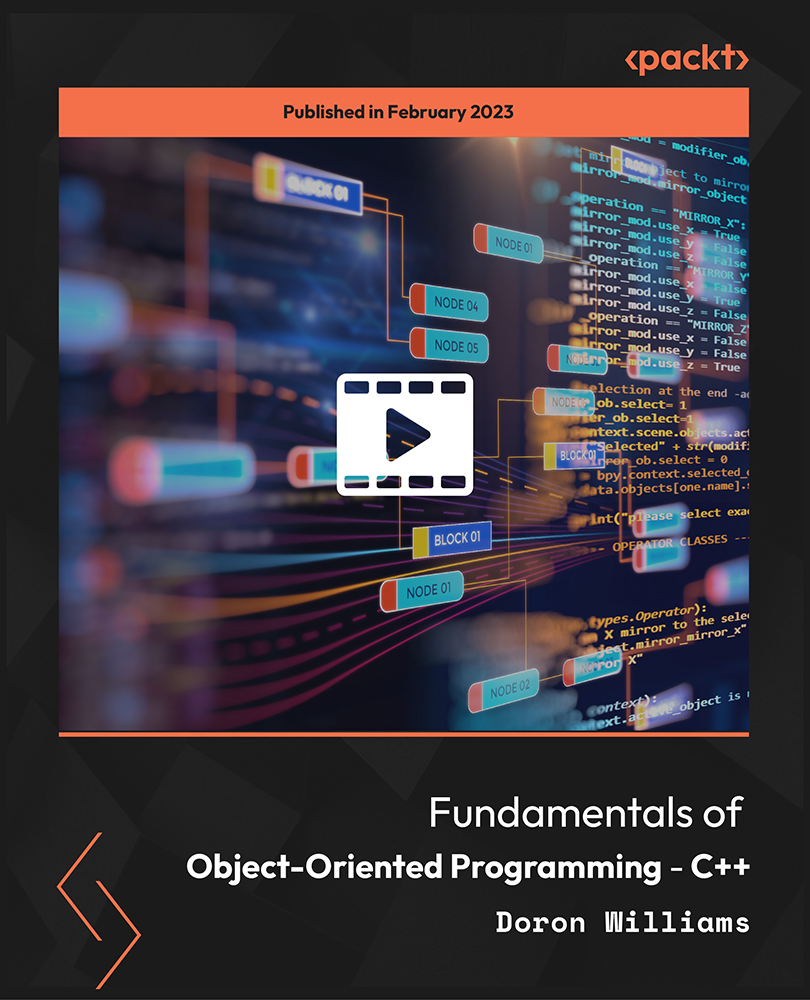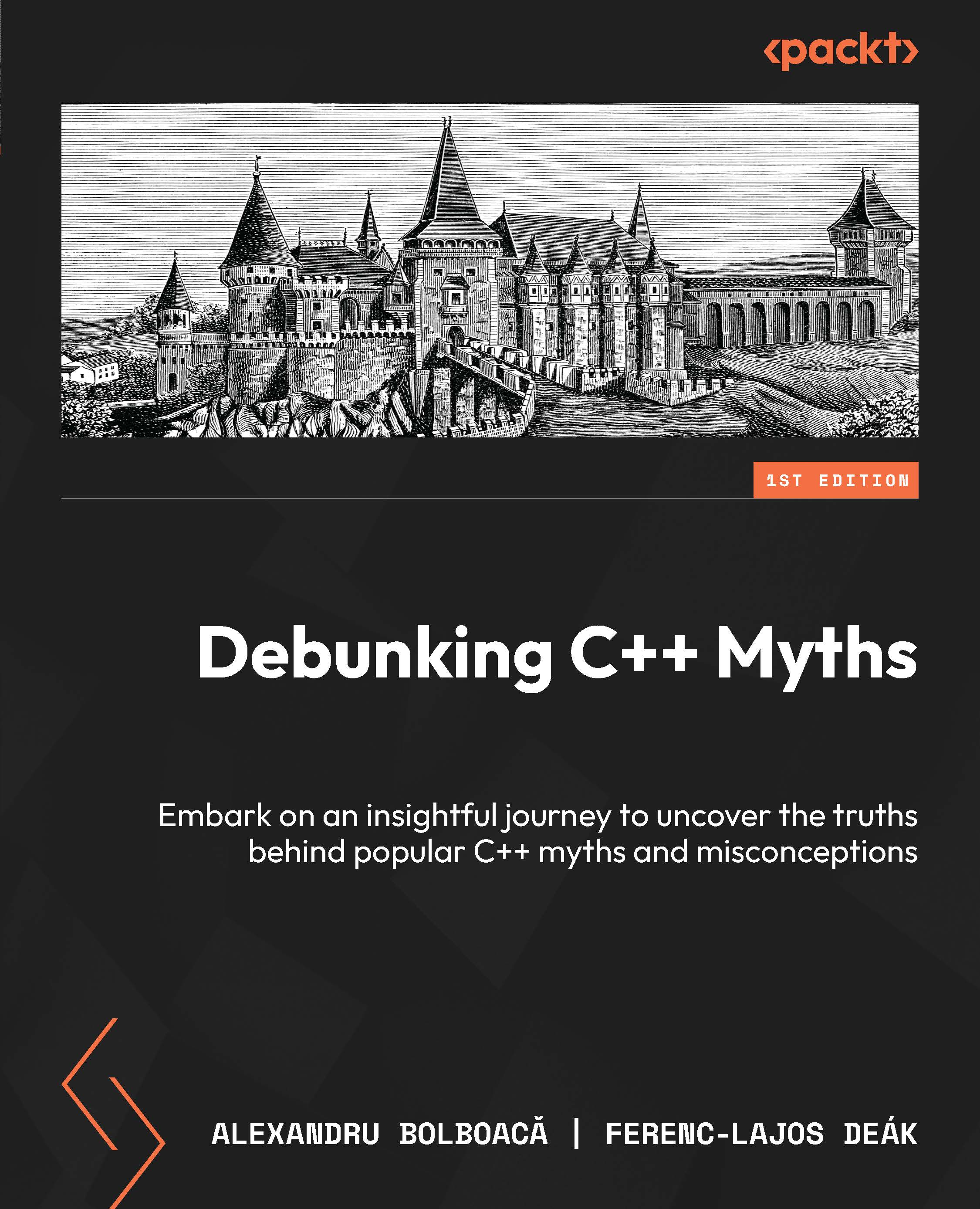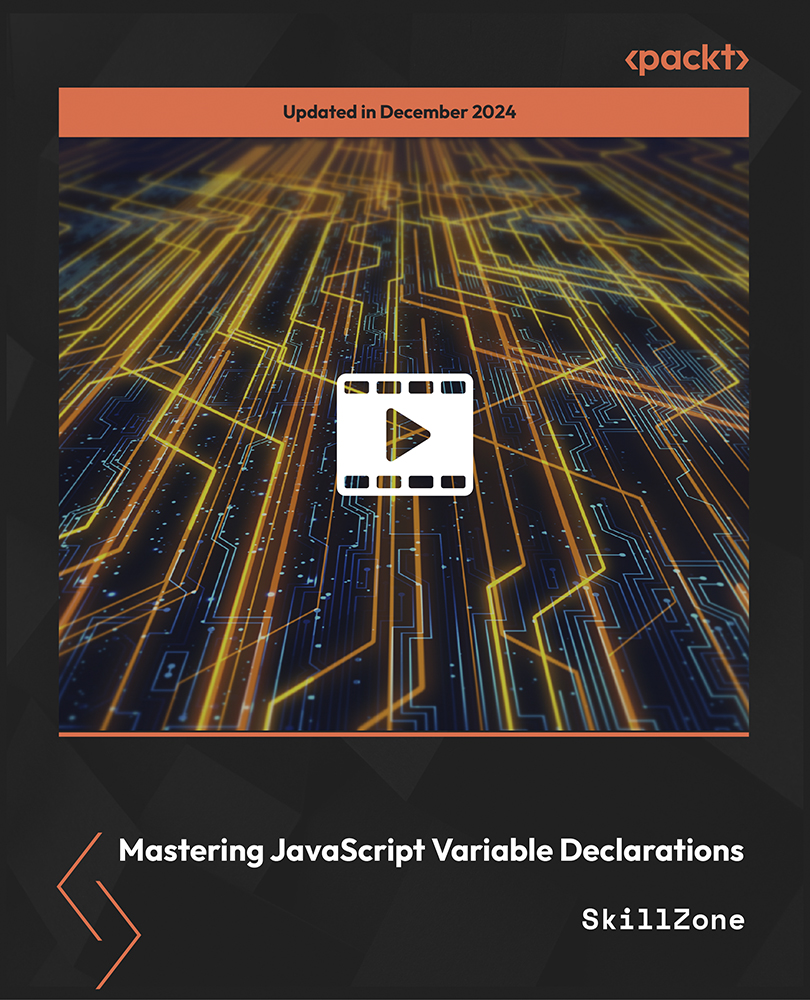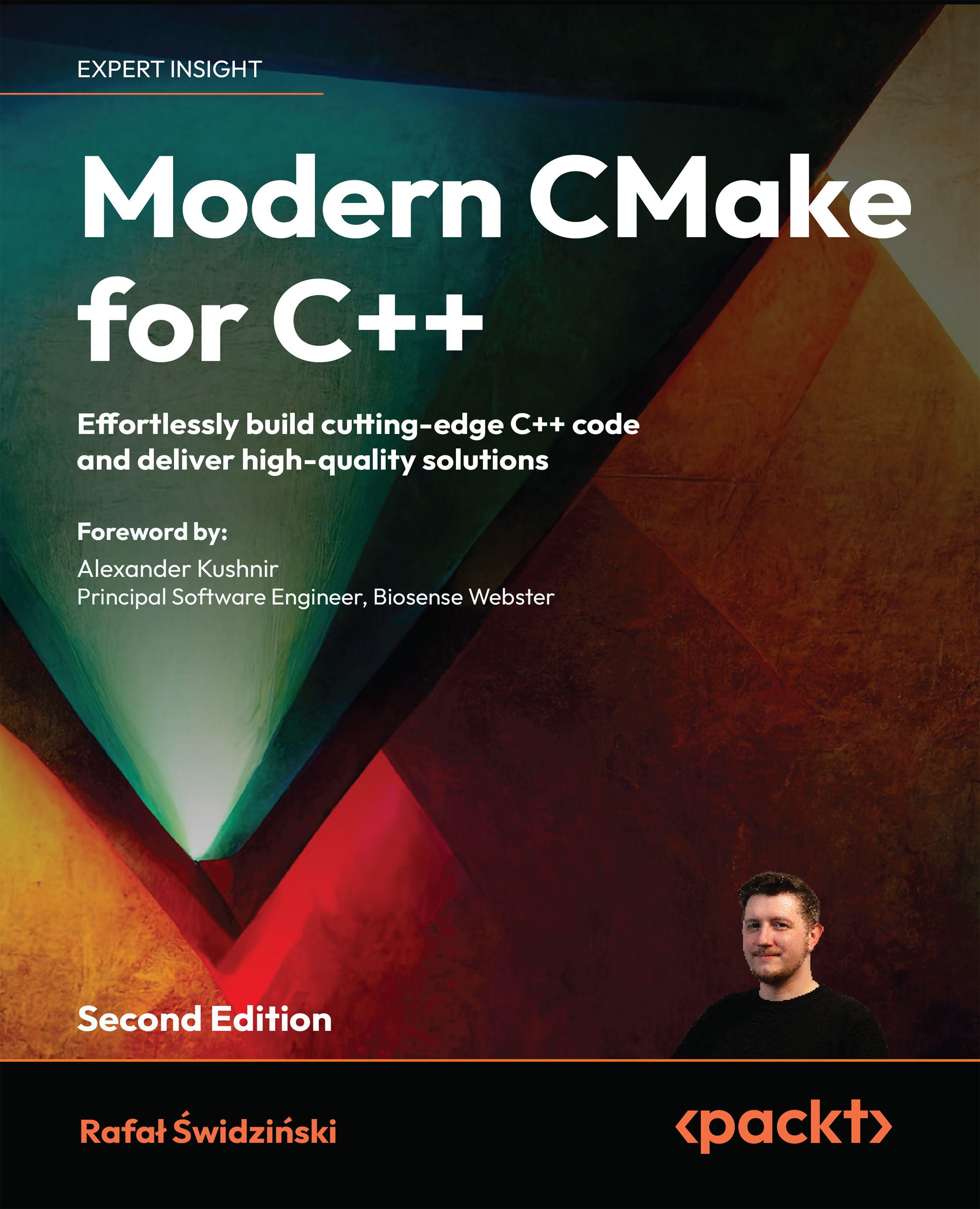By running the first unique_ptr program, that is, ./a.out, we get the following output:
unique_ptr is a smart pointer that embodies the concept of unique ownership. Unique ownership, simply put, means that there is one and only one variable that can own a pointer. The first consequence of this concept is that the copy operator is not allowed on two unique pointer variables. Just move is allowed, where the ownership is transferred from one variable to another. The executable that was run shows that the object is deallocated at the end of the current scope (in this case, the main function): CruiseControl object destroyed. The fact that the developer doesn't need to bother remembering to call delete when needed, but still keep control over memory, is one of the main advantages of C++ over garbage collector-based languages.
In the second unique_ptr example, with arrays, there are three objects of the CruiseControl type that have been allocated and then released. For this, the output is as follows:
The third example shows usage of shared_ptr. The output of the program is as follows:

The shared_ptr smart pointer represents the concept that an object is being pointed at (that is, by the owner) by more than one variable. In this case, we're talking about shared ownership. It is clear that the rules are different from the unique_ptr case. An object cannot be released until at least one variable is using it. In this example, we defined a cruiseControlMaster variable pointing to nullptr. Then, we defined a block and in that block, we defined another variable: cruiseControlSlave. So far, so good! Then, still inside the block, we assigned the cruiseControlSlave pointer to cruiseControlMaster. At this point, the object allocated has two pointers: cruiseControlMaster and cruiseControlSlave. When this block is closed, the cruiseControlSlave destructor is called but the object is not freed as it is still used by another one: cruiseControlMaster! When the program finishes, we see the shared_ptr test finished log and immediately after the cruiseControlMaster, as it is the only one pointing to the CruiseControl object release, the object and then the constructor is called, as reported in the CruiseControl object destroyed log.
Clearly, the shared_ptr data type has a concept of reference counting to keep track of the number of pointers. These references are increased during the constructors (not always; the move constructor isn't) and the copy assignment operator and decreased in the destructors.
Can the reference counting variable be safely increased and decreased? The pointers to the same object might be in different threads, so manipulating this variable might be an issue. This is not an issue as the reference counting variable is atomically managed (that is, it is an atomic variable).
One last point about the size. unique_ptr is as big as a raw pointer, whereas shared_ptr is typically double the size of unique_ptr because of the reference counting variable.
 United States
United States
 Great Britain
Great Britain
 India
India
 Germany
Germany
 France
France
 Canada
Canada
 Russia
Russia
 Spain
Spain
 Brazil
Brazil
 Australia
Australia
 Singapore
Singapore
 Canary Islands
Canary Islands
 Hungary
Hungary
 Ukraine
Ukraine
 Luxembourg
Luxembourg
 Estonia
Estonia
 Lithuania
Lithuania
 South Korea
South Korea
 Turkey
Turkey
 Switzerland
Switzerland
 Colombia
Colombia
 Taiwan
Taiwan
 Chile
Chile
 Norway
Norway
 Ecuador
Ecuador
 Indonesia
Indonesia
 New Zealand
New Zealand
 Cyprus
Cyprus
 Denmark
Denmark
 Finland
Finland
 Poland
Poland
 Malta
Malta
 Czechia
Czechia
 Austria
Austria
 Sweden
Sweden
 Italy
Italy
 Egypt
Egypt
 Belgium
Belgium
 Portugal
Portugal
 Slovenia
Slovenia
 Ireland
Ireland
 Romania
Romania
 Greece
Greece
 Argentina
Argentina
 Netherlands
Netherlands
 Bulgaria
Bulgaria
 Latvia
Latvia
 South Africa
South Africa
 Malaysia
Malaysia
 Japan
Japan
 Slovakia
Slovakia
 Philippines
Philippines
 Mexico
Mexico
 Thailand
Thailand
